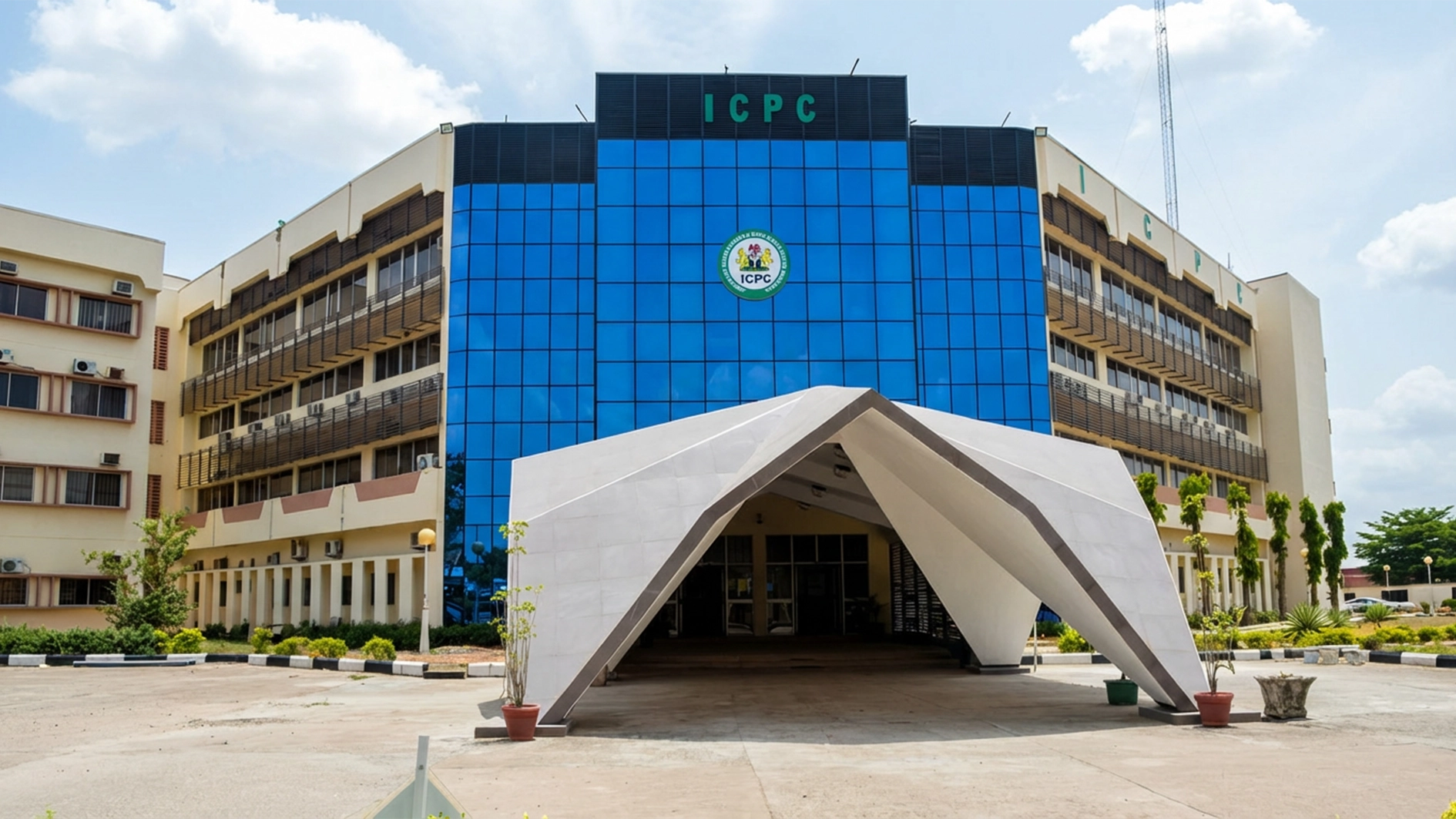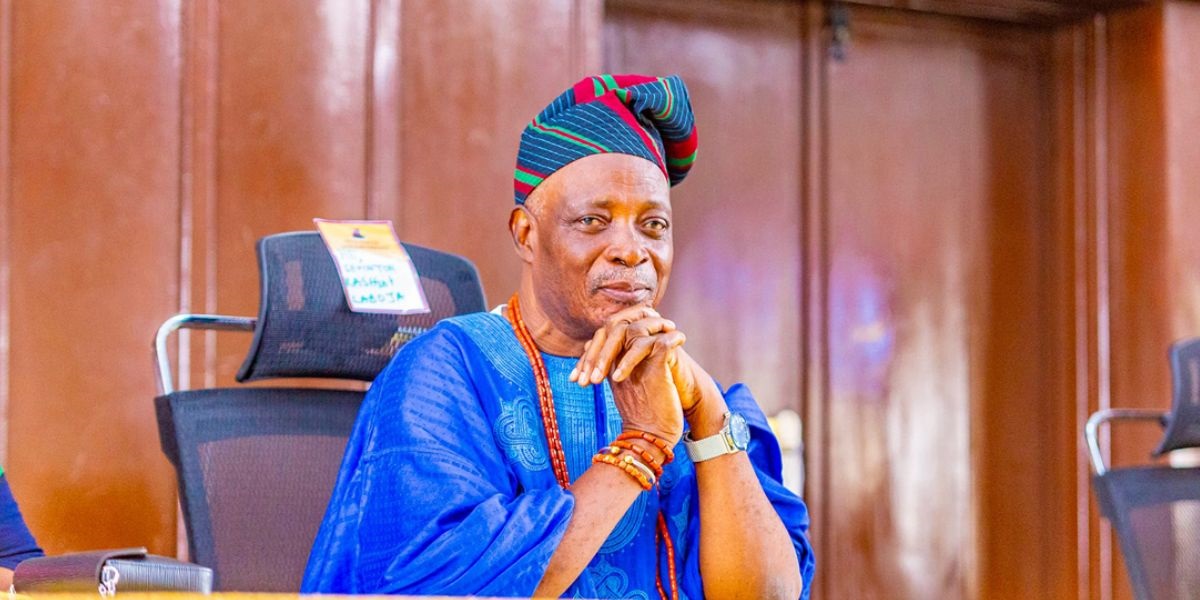LAPO Microfinance Bank has renewed its commitment to advancing climate resilience and inclusive growth through sustainable finance, with a focus on empowering low-income communities to adapt to environmental challenges.
This commitment was underscored at the bank’s second Sustainable Finance Conference in Lagos, themed “Microfinance for Climate Resilience: Empowering Communities, Driving Innovation, Shaping Policy.” The event gathered policymakers, financiers, and sustainability advocates to explore how microfinance institutions can strengthen grassroots responses to climate change.
Managing Director of LAPO Microfinance Bank, Cynthia Ikponmwosa, said the institution’s involvement in sustainable finance dates back to 2012.
“We started by providing loans that enable people to purchase solar products and home solar systems,” she said. “That was our entry point into supporting clean energy adoption, and we’ve been doing that for quite some time.”
Ikponmwosa noted that the bank now works closely with renewable energy firms and small businesses to expand access to affordable green technologies and climate-smart agricultural solutions.
At the conference, discussions focused on climate finance, equitable access to funding, and the need for innovative financing models to support small and medium enterprises.
Professor Franklin Ngwu of Lagos Business School described climate finance as investment directed toward mitigating or adapting to the effects of climate change. He said Africa’s funding gap remains alarming. “Africa needs over $300 billion annually to tackle its climate challenges,” he said.
“Over ten years, that’s about $2.5 trillion. But what we currently get is just one percent of that.”
He warned that the continent’s economic losses from droughts, floods, and rising temperatures already range between $289 billion and $440 billion, stressing that collaboration among microfinance institutions, NGOs, and development partners is essential for meaningful adaptation.
President of the ONE Campaign, Ndidi Nwuneli, called for women to be placed at the centre of climate finance strategies. “Women are the most affected by climate change, but they’re also part of the solution,” she said. “Empowering them changes narratives and builds resilience in communities.”
She emphasised the importance of aligning finance and insurance to protect smallholder farmers. “Finance and insurance must go hand in hand,” she said. “The insurance industry must work closely with banks to design products that manage risk effectively.”
Nwuneli also criticised the failure of developed nations to honour climate finance commitments and urged African governments and institutions to build self-reliant systems. “Africa didn’t cause the climate crisis, yet we’re paying the highest price for it,” she said. “We should be talking about Nigerian wealth for Nigerian development.”
The conference concluded with a consensus that sustainable finance, sound policy, and technological innovation must operate together to protect livelihoods and build long-term resilience across African communities.






